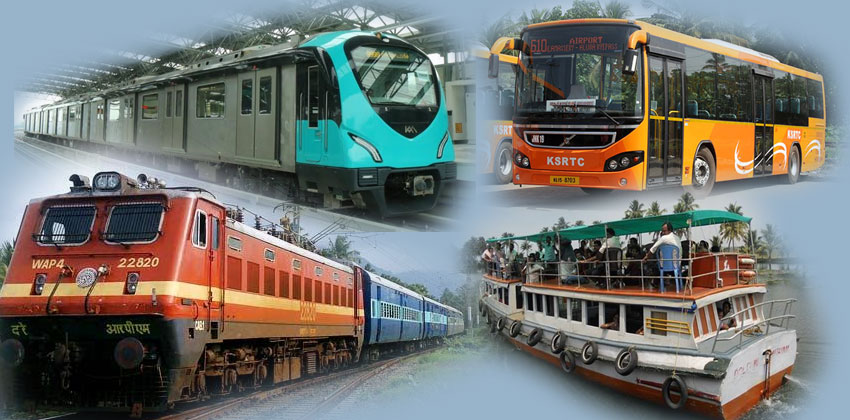India is going to be ticket-less in public transport

India is going to be ticket-less in public transport. It was announced by Amithabh Kant, CEO of NITI Aayog, while talking in the Future Mobility Summit-2018-India’s Move to NextGen Transport Systems, in Dehlhi.
“The objective of the strategy is to plan for the citizens first, rather than focusing on vehicles alone, by providing sustainable mobility and accessibility by switching to a cleaner mode of transportation,” said Kant.
“A robust transportation system is the backbone of any economy and especially for a densely populated country like India, the focus of the nation’s mobility strategy was on sustainable modes of public transport, transport-oriented planning and digitization,” he added.
The new One-Nation-One-Card policy will offer seamless connectivity between multiple modes of transport and hence, passengers need not worry about different cards or cash for different modes of transport.
Once the programme is implemented passengers will be able to travel across India with a single card with the help of which you can pay for all modes of transport. The new policy will bring India in line with London, Singapore and other global metropolises where a single card is used for multiple modes of transport.
In London, one can buy a single card that goes by the name ‘Oyster card’ and can travel on buses, metro and suburban trains using that card. India is planning something similar to it. A similar card is prevailing in Dubai, with which people can travel on metro train, public buses, tram and Dubai transport boats.

Nol card in Dubai
The CEO also said that while making the new transportation policy, the authorities will take in to account the increasing air pollution in the country, along with the ease of payment. The transportation system should be eco-friendly, less polluting and convenient to the people of the nation.
Anil Srivastava, NITI Aayog Advisor, said not just government can implement a programme like this successfully, but the responsible participation of the public is warranted. The authorities hope that once the programme is implemented, more people will use the public transport system, thus reduce traffic jams in the streets and contain air pollution.



